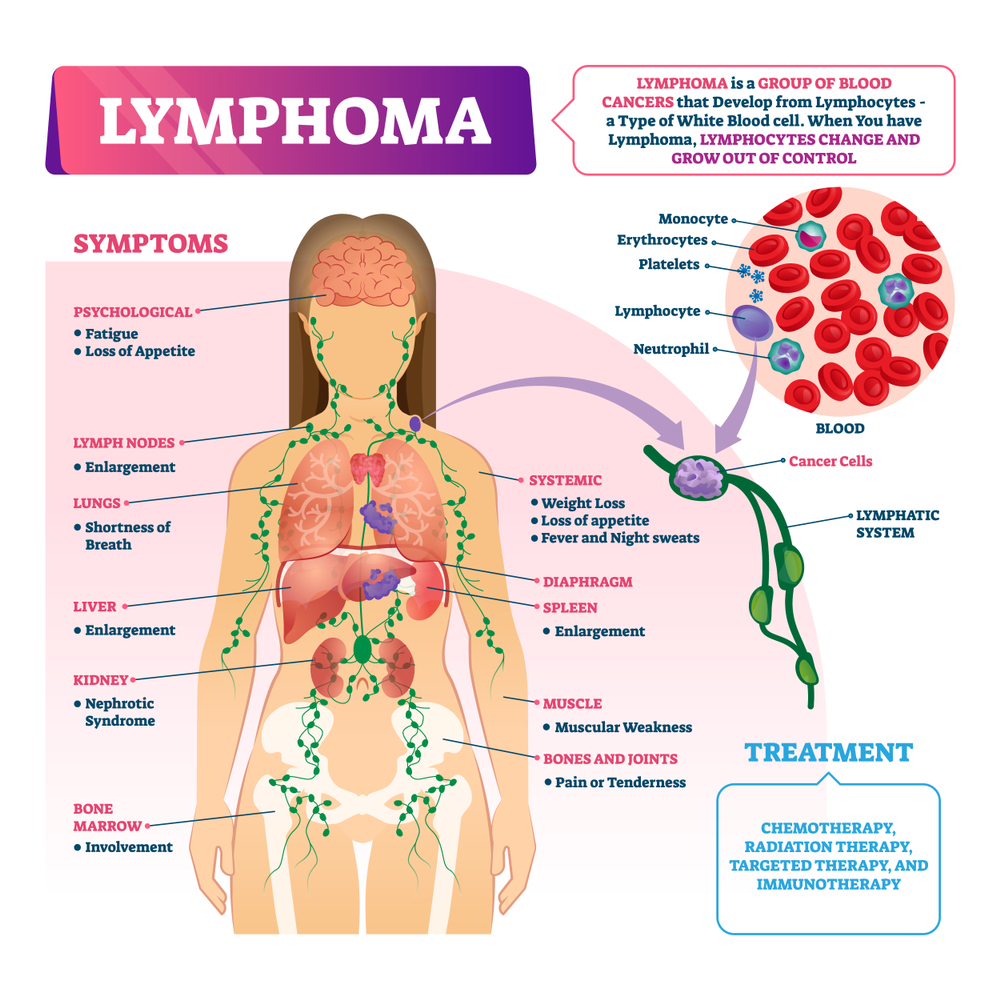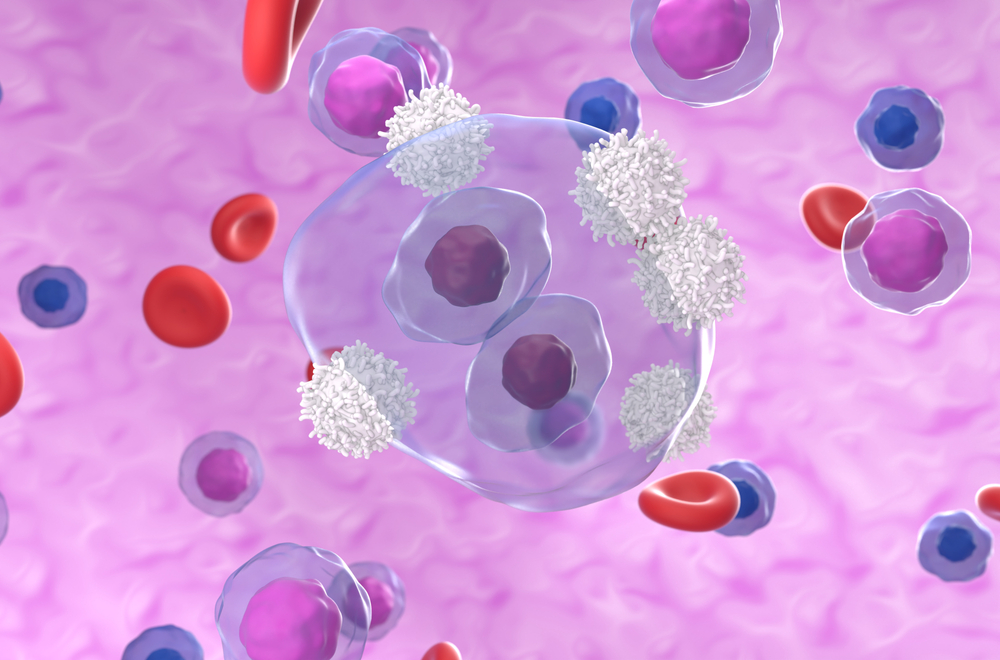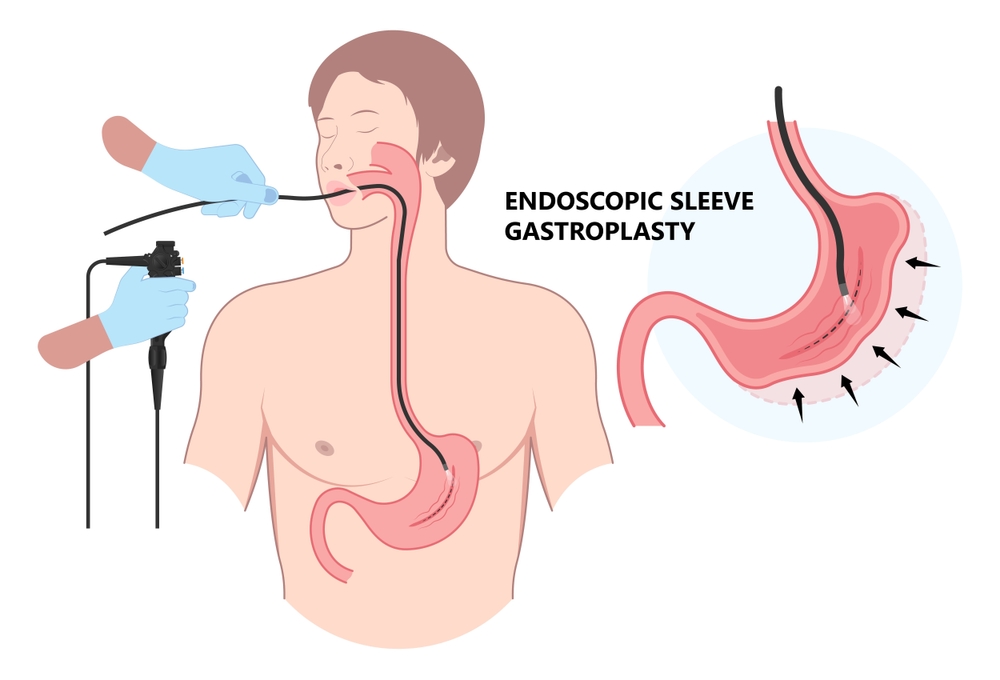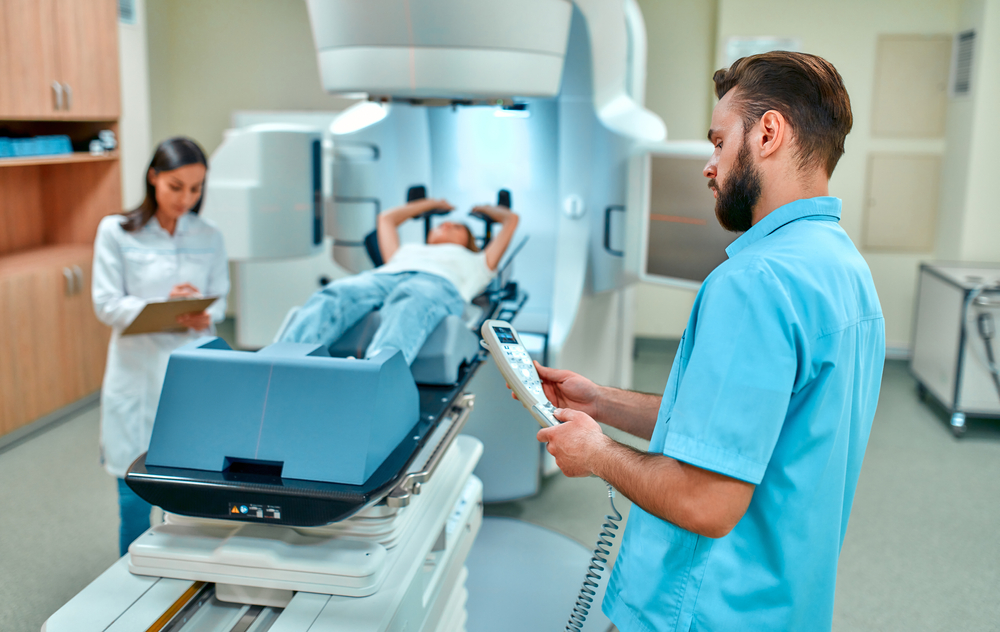Intestinal lymphoma is a type of blood cancer that affects the lymphatic system of the intestine. It is of various types and can occur in both the small and large intestine.
Intestinal lymphoma can cause abdominal pain, bloating, nausea, diarrhea and even blood in your stool. It usually occurs in people aged 60 and older and is less common in women than in men.
We have created a detailed guide on Intestinal Lymphoma that will surely help you understand your disease better.
What is intestinal lymphoma?
When lymphocytes begin to grow uncontrollably in the lymphatic system, it is lymphoma, a type of blood cancer. And intestinal lymphoma is a type of lymphoma that affects the intestinal lymphatic system of the human body. It causes symptoms such as abdominal pain or upset stomach, nausea and vomiting, weight loss, etc.

What causes intestinal lymphoma?
Lymphoma is usually caused by uncontrolled cell growth caused by DNA changes in the lymphocytes of the lymphatic system. These changes in DNA depend on your daily lifestyle or your environment and sometimes your family health history. Chronic pain or inflammation from various diseases can also lead to DNA changes and lymphoma.

However, no specific cause of lymphoma can be identified. This is why you should know about lymphoma risk factors that increase your chances of lymphoma or intestinal lymphoma.
Risk factors of intestinal lymphoma
- Weak immune system
- a family history of lymphoma
- Epstein-Barr virus and HIV
- Any disease you currently have in your immune system, such as lupus, celiac disease, or inflammatory bowel disease
- Age: Lymphoma usually occurs in people 55 or 60 years of age or older.
Symptoms of intestinal lymphoma
Generally, by symptom we mean a particular feeling or experience in a person that indicates that person’s disease or disorder. Intestinal lymphoma also has some symptoms that can help determine whether a person has intestinal lymphoma, which are discussed below.
- Crampy abdominal pain
- Nausea or vomiting
- Upset stomach
- Diarrhea
- Rectal bleeding
- Bloody stools
- Severe constipation

Among the above symptoms, the most common symptom for patients with intestinal lymphoma is abdominal pain, with an estimated 45 to 60% of intestinal patients suffering from abdominal pain. Moreover, if the above symptoms do not go away easily or persist, consult an experienced doctor immediately and check whether you have intestinal lymphoma or not.
Types of Intestinal Lymphoma
Lymphoma is generally divided into Hodgkin lymphoma and non-Hodgkin lymphoma. Lymphoma in which Reed Sternberg cells are present is called Hodgkin lymphoma and lymphoma in which Reed Sternberg cells are absent is called non Hodgkin lymphoma. Almost all lymphomas that occur in the intestine are non-Hodgkin lymphoma.

Normally there are two types of lymphocyte cells one is B cells and the other is T cells. Based on these cells, lymphoma is again divided into two types. About 90% of most lymphomas occur in B cells lymphocytes and rarely occur in T cell lymphocytes of the lymph tissue.
There are two main types of intestinal B cell lymphoma:
- Mucosa-associated lymphoid tissue lymphoma
- Diffuse large B-cell lymphoma
Also mantle cell lymphoma, follicular lymphoma, Burkitt lymphoma, three types of lymphoma include intestinal B cell lymphoma.
Diagnosis of intestinal lymphoma
If your doctor thinks you have bowel problems or bowel lymphoma based on your physical symptoms, he or she will do some tests to diagnose it. Those tests may include
- A physical test
- A series of questions
- A complete blood count test
- Endoscopy and biopsy
- Imaging test
Before the exam, your doctor may ask you about your family health history, your personal physical health history, and your current physical condition and your daily life habits.
Your doctor will try to determine if you have lymphoma by looking at the amount of red blood cells, white blood cells, and platelets in your body with a complete blood count because lymphoma affects blood cells. Also, with blood tests, they will check certain proteins in your blood to see how fast your cancer is growing and whether you have any viruses or bacteria in your blood.

An endoscopy is a procedure to look inside your body’s digestive system so a gastroenterologist can determine if you have intestinal lymphoma. It will also be able to take a sample of your intestinal lymph system for biopsy. The type of cancer and its thorough progression can be known by examining the sample in the lab.
Imaging tests determine exactly which lymph nodes contain cancer cells. CT scan and PET scan are among such imaging tests.
Staging of Intestinal Lymphoma
Knowing the stage of cancer is very important for proper treatment of any cancer. Cancer stage helps determine the pattern of cancer symptoms in a particular person. It determines where in your body the cancer has originated and spread.
Doctors can stage your intestinal lymphoma in several ways. But almost all procedures similarly use some imaging test to determine the stage of cancer such as endoscopy, ultrasound, CT scan, MRI etc.
How is intestinal lymphoma treated?
Once the cancer diagnosis and staging is complete, the care team creates a perfect treatment plan. However, developing a proper treatment plan must take into account the lymphoma type, stage, location and the patients health and treatment preferences.
Intestinal lymphoma treatment requires multiple doctors who are skilled in different fields. Such as an oncologist who specializes in anti-cancer drugs and a gastroenterologist who specializes in bowel diseases and a hematologist who specializes in blood diseases. And the care team may include supportive therapy specialists and nurses.

Different subtypes of intestinal lymphoma can be treated with different treatments, doctors sometimes treat the disease with only one treatment and sometimes they use a combination of these treatments based on the type of lymphoma.
Watch and wait
Lymphoma often affects the patient’s body slowly. Sometimes it can take years to develop.
In this case, doctors advise the patient to wait until the symptoms of the disease are clear and not to seek treatment immediately. Its sole purpose is to keep the patient free from the side effects of the treatment until it is needed.
However, in this case, the patient should have regular checkups until the disease is severe and treatment is started.
Antibiotics
Antibiotic therapy is the first line of treatment given in intestinal lymphoma. The patient is given a combination of certain drugs to eliminate the H. pylori bacteria from his digestive tract.
In this case, the patient’s blood needs to be tested regularly to check if the cancer cells have regenerated or if the bacteria have returned.
Radiation therapy and chemotherapy
Generally, radiation therapy and chemotherapy are considered as the main treatments for intestinal lymphoma. However, in most cases, antibiotics are used as the first treatment and if antibiotic treatment is not successful, radiation therapy and chemotherapy are used. These treatments are also used if the cancer is advanced.

Surgery
When a patient’s tumor causes additional symptoms or the lymphoma does not respond to radiation therapy and chemotherapy, doctors perform surgery on the patient.
Conclusion
Intestinal lymphoma is relatively rare compared to other cancers. It can be of different sizes and different stages.
People with intestinal lymphoma must cooperate with doctors and share all kinds of information, so that doctors can accurately diagnose the type and location of the disease so that doctors can make the right treatment plan.